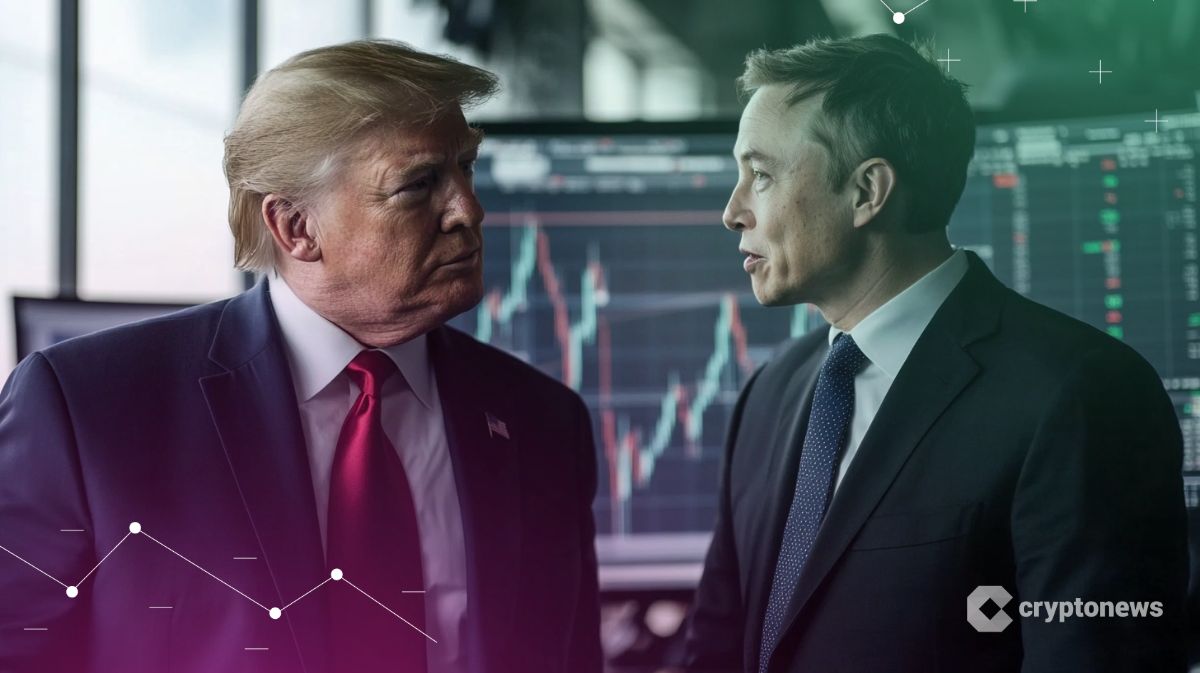Russia to require all phones to come with government-backed Whatsapp clone
Russia will require all mobile phones and tablets sold in the country to come with a government-backed messaging app called Max pre-installed from September 1.
The Russian government announced on Thursday that Max, a messenger application developed under the Kremlin-controlled tech company VK, will join the list of mandatory apps installed on all new gadgets sold in the country. Officials said the platform will allow messaging, video calls, mobile payments, and access to state services.
State media have rejected accusations that the app functions as spyware, claiming Max requires fewer permissions than Western competitors such as WhatsApp or Telegram. However, local news publications have reported on the app’s integration with government systems and its ability to continue operating even after users attempt to delete it.
Critics raise surveillance concerns
Independent analysts and digital rights activists say Max could pass for a surveillance tool for the Russian state. The Telegram channel Red Binder, which reports on internet issues, claimed Max collects extensive personal data, including call logs, crypto holdings, bank accounts, purchase history, and even details of cafés visited.
According to the Telegram channel, the data is accessible to the Federal Security Service (FSB) and Kremlin operatives who can use Max in the real-time monitoring of citizens’ communications and movements. It was likened to China’s WeChat, which is allegedly used by Chinese authorities for daily life and state surveillance.
Russian opposition journalist Andrei Okun called Max the Kremlin’s “Digital Gulag.” Writing for the news site Republic, Okun said the app will create a “sterile space” where authorities exert complete control over people’s leisure, thoughts, and motivations.
The introduction of Max follows legislation passed by the Russian State Duma in June mandating the creation of a homegrown messenger linked to public services. But reporting by the outlet Meduza suggests VK had already developed such an app earlier under direct instructions from President Vladimir Putin.
The app features a blue-and-white logo and has been downloaded by around 18 million users, according to VK. The company admits parts of Max are in a testing phase even as the government prepares to mandate its installation nationwide.
Authorities also stated that from January 1, 2026, all smart TVs sold in Russia will come preloaded with LIME HD TV, an app with free access to state television channels.
Pressure on Western rivals
The decision to pre-install Max on mobile devices coincides with new restrictions on foreign messaging platforms. Earlier this month, Russia began limiting some calls made through WhatsApp and Telegram, accusing the companies of refusing to share data with law enforcement during investigations into fraud and terrorism.
WhatsApp, owned by US firm Meta, had a reach of 97.3 million users in Russia in July, according to Mediascope. Telegram, founded by Russian entrepreneur Pavel Durov but based abroad, reached 90.8 million users in the same period. The third most popular app was VK Messenger at 17.9 million users.
WhatsApp accused Moscow of attempting to cut Russians off from secure communications, while Telegram said it continues to combat harmful uses of its platform.
Russian officials have signaled that WhatsApp could soon face an outright ban. Anton Gorelkin, deputy head of the State Duma’s IT committee, said in early August that WhatsApp should prepare to exit the Russian market. Meta-owned Facebook and Instagram were banned in Russia in 2022.
As for Telegram, for now, the Russian government seems to have no issue. Durov has denied cooperating with Kremlin security services, though Ukrainian intelligence claims Russian officials have already been instructed to use Max for official business.
The Russian Interior Ministry insists that Max is “less dangerous” than WhatsApp or Telegram, adding that it is less intrusive.
Your crypto news deserves attention - KEY Difference Wire puts you on 250+ top sites
You May Also Like

World Liberty Financial Ownership Shake-Up: Trump Family Cuts Stake During Stablecoin Push

A Deep Dive into AI Agents: What’s Next After the Hype?
